What Are the Most Common Applications for LiFePO4 Lithium Batteries in Energy Storage?
Jan 09, 2025
In recent years, the demand for efficient, sustainable, and long-lasting energy storage solutions has increased, driven by advancements in renewable energy technologies, the need for backup power systems, and the growing popularity of off-grid solutions. LiFePO4 (Lithium Iron Phosphate) batteries, known for their high energy density, long lifespan, and enhanced safety, have become one of the leading options in energy storage applications. Whether used for solar energy storage, backup power in critical systems, or large-scale commercial energy management, LiFePO4 lithium batteries are playing an essential role in powering various industries.
LiFePO4 Lithium Solar Battery: A Green Solution for Solar Energy Storage
As the world moves toward renewable energy sources, solar power continues to be a popular choice. However, one of the main challenges with solar energy is its intermittent nature—the energy generated during the day may not be available when the sun isn’t shining. This is where energy storage comes into play. LiFePO4 lithium solar batteries are rapidly becoming the go-to solution for efficiently storing energy produced by solar panels.
The LiFePO4 Lithium Solar Battery is ideal for residential, commercial, and off-grid solar energy systems. These batteries store the surplus energy generated during the day, ensuring that it can be used when demand exceeds supply, such as during the night or cloudy days. The key advantages of LiFePO4 batteries in solar applications include:
Long Lifespan: LiFePO4 batteries offer a much longer lifespan compared to traditional lead-acid batteries, with many lasting over 10 years with proper maintenance. This makes them a cost-effective solution in the long run.
High Efficiency: These batteries have a higher round-trip efficiency, meaning more of the stored energy is available for use, minimizing waste and maximizing solar power utilization.
Safety: LiFePO4 is one of the safest lithium-ion battery chemistries, reducing the risk of overheating or thermal runaway. This makes them a reliable option for solar energy storage systems, which are often installed in homes and businesses.
With the growing interest in sustainable living and energy independence, the demand for LiFePO4 lithium solar batteries continues to rise, especially in off-grid locations where access to the grid is limited or non-existent.
UPS Lithium Battery: Powering Critical Systems
Uninterruptible Power Supply (UPS) systems are essential in many industries that require a continuous power supply, especially for mission-critical operations. Hospitals, data centers, telecommunications, financial institutions, and industrial plants rely on UPS systems to protect sensitive equipment from power surges, blackouts, and other electrical disturbances. UPS lithium batteries provide the backup power necessary to keep these systems running during unexpected power outages.
One of the primary reasons LiFePO4 UPS batteries are gaining traction in the UPS market is their ability to offer reliable performance, longer cycle life, and faster charging times compared to traditional lead-acid batteries. Key benefits include:
Extended Lifespan: LiFePO4 UPS batteries have a longer lifespan than lead-acid batteries, reducing the need for frequent replacements and lowering overall maintenance costs.
Compact Size and Weight: These batteries are significantly lighter and more compact than traditional lead-acid batteries, making them ideal for modern UPS systems where space is at a premium.
Higher Efficiency: LiFePO4 batteries can be charged and discharged more quickly, which is vital in industries where time is of the essence, such as financial institutions and data centers.
Whether used to power critical healthcare equipment, ensure continuous data storage, or maintain operations in manufacturing facilities, UPS lithium batteries provide the backup power necessary to keep essential systems functioning without interruption.
LiFePO4 Rack Lithium Battery: Scalable Energy Storage for Large-Scale Systems
When it comes to large-scale energy storage solutions, LiFePO4 rack lithium batteries are becoming the preferred choice. These modular battery systems are designed to provide a flexible, scalable solution for commercial and industrial applications, including energy storage for renewable energy systems, backup power for large facilities, and grid stabilization.
LiFePO4 rack lithium batteries are ideal for applications that require high-capacity, efficient energy storage. These batteries can be installed in racks, making them easy to scale by adding more units as energy needs grow. Here’s how LiFePO4 rack batteries are used in various sectors:
Commercial Solar Power Systems: Many commercial solar installations rely on LiFePO4 rack lithium batteries to store the energy produced during the day for use at night. These systems are essential for businesses looking to reduce their dependence on the grid and lower their energy costs.
Data Centers and Telecommunications: Large facilities, such as data centers and telecom hubs, require significant amounts of backup power to ensure continuous operation. LiFePO4 rack batteries are ideal for these applications due to their high energy density, long cycle life, and ability to deliver large amounts of power quickly.
Grid Stabilization: In some regions, LiFePO4 rack lithium batteries are used to store energy for grid stabilization. These systems can help smooth out fluctuations in power supply and demand, contributing to a more stable and reliable energy grid.
The modularity of LiFePO4 rack lithium batteries allows businesses and industries to customize their energy storage systems to fit their specific needs, making them a highly flexible solution for large-scale energy storage.
Sustainability and Reliability Across Applications
One of the standout features of LiFePO4 lithium batteries is their sustainability. Unlike traditional batteries that may contain harmful substances like lead or cadmium, LiFePO4 batteries are non-toxic, recyclable, and have a minimal environmental impact. This makes them a preferred choice for industries that are focusing on reducing their carbon footprint and embracing green energy solutions.
In addition to their environmental benefits, LiFePO4 batteries are highly reliable, making them suitable for a wide range of applications. Their long lifespan, low maintenance requirements, and high efficiency make them an attractive choice for residential, commercial, and industrial energy storage solutions.
From powering homes and businesses with solar energy to ensuring continuous operation of critical systems with UPS, LiFePO4 lithium batteries have established themselves as a versatile and reliable energy storage solution. As the world continues to shift toward more sustainable and resilient energy solutions, the adoption of these batteries is expected to grow, providing a dependable source of power across a wide range of industries and applications.
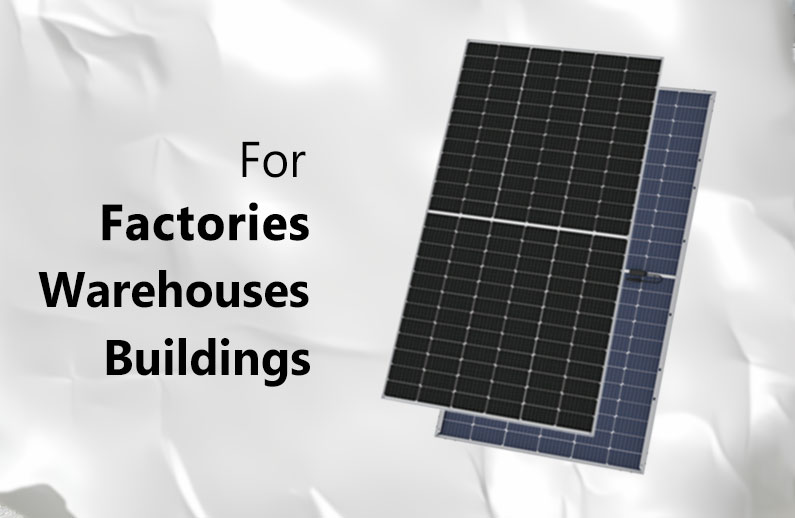
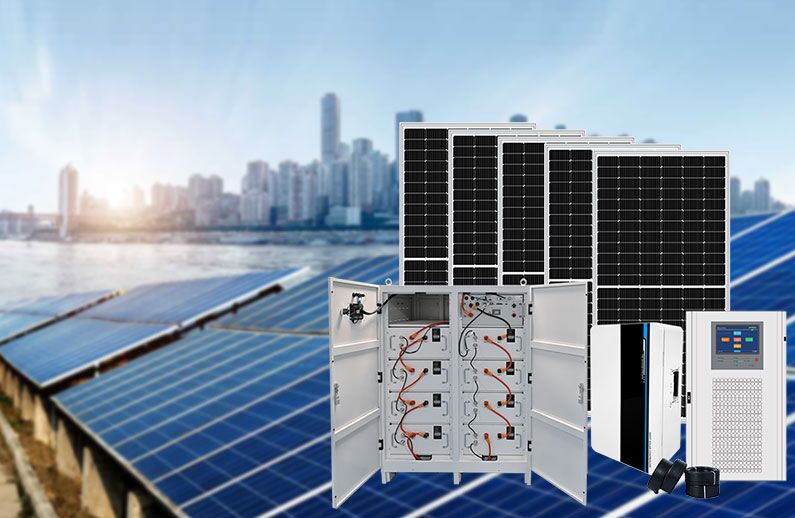
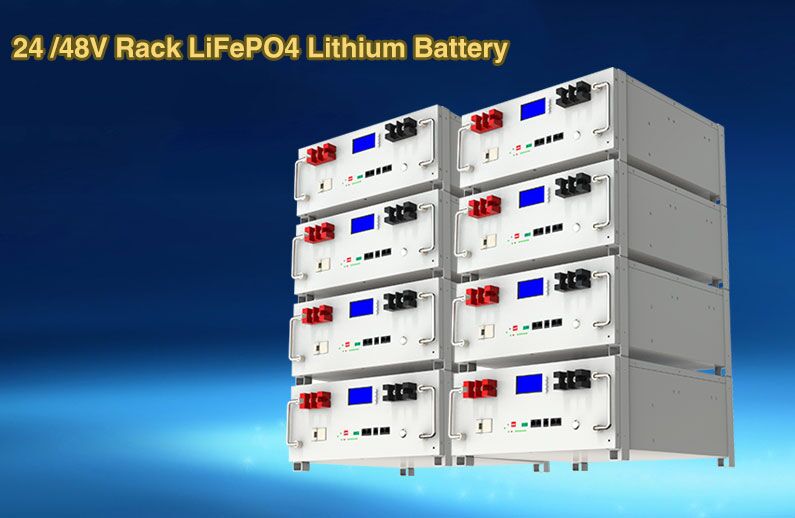
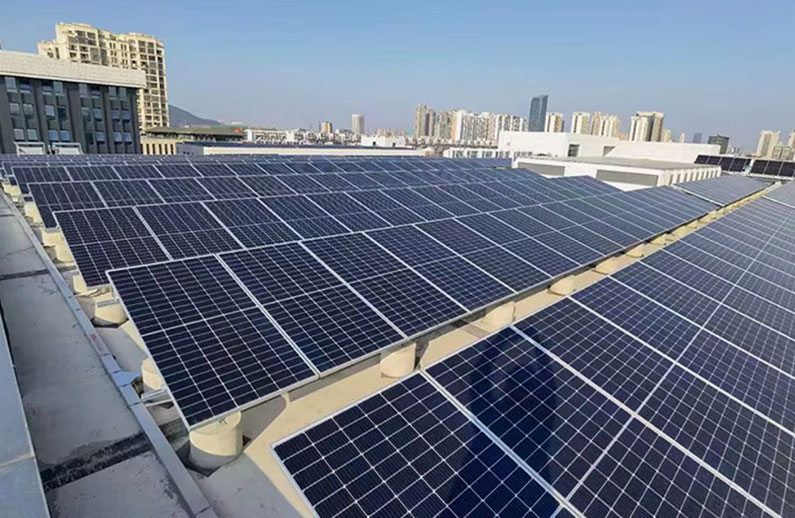
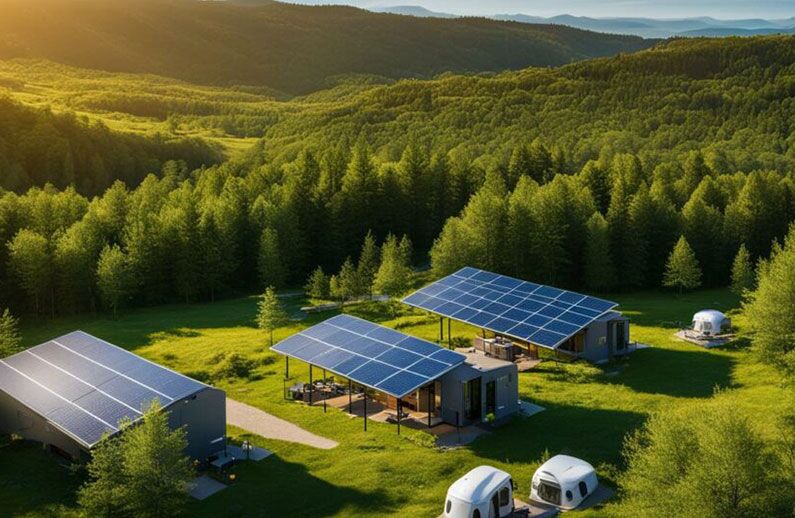
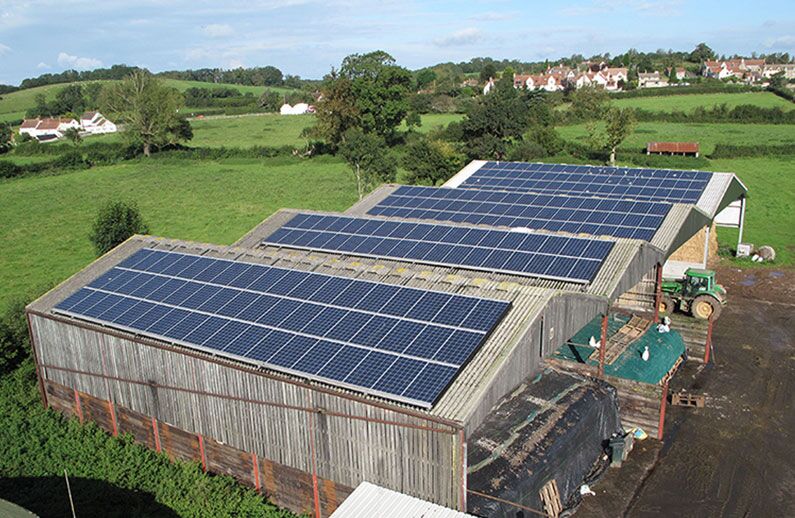
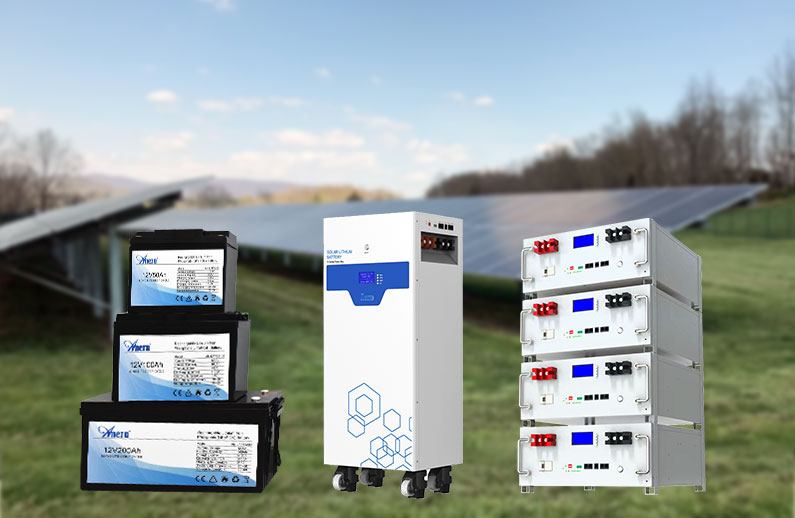
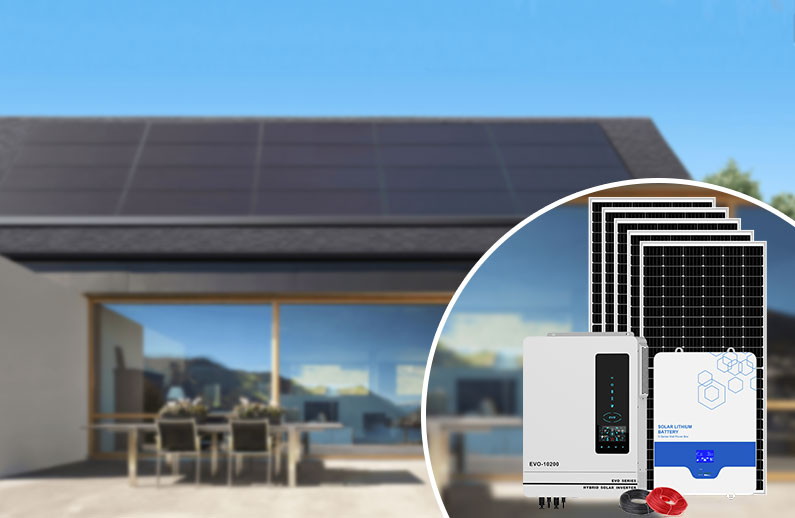

 Network Supported
Network Supported